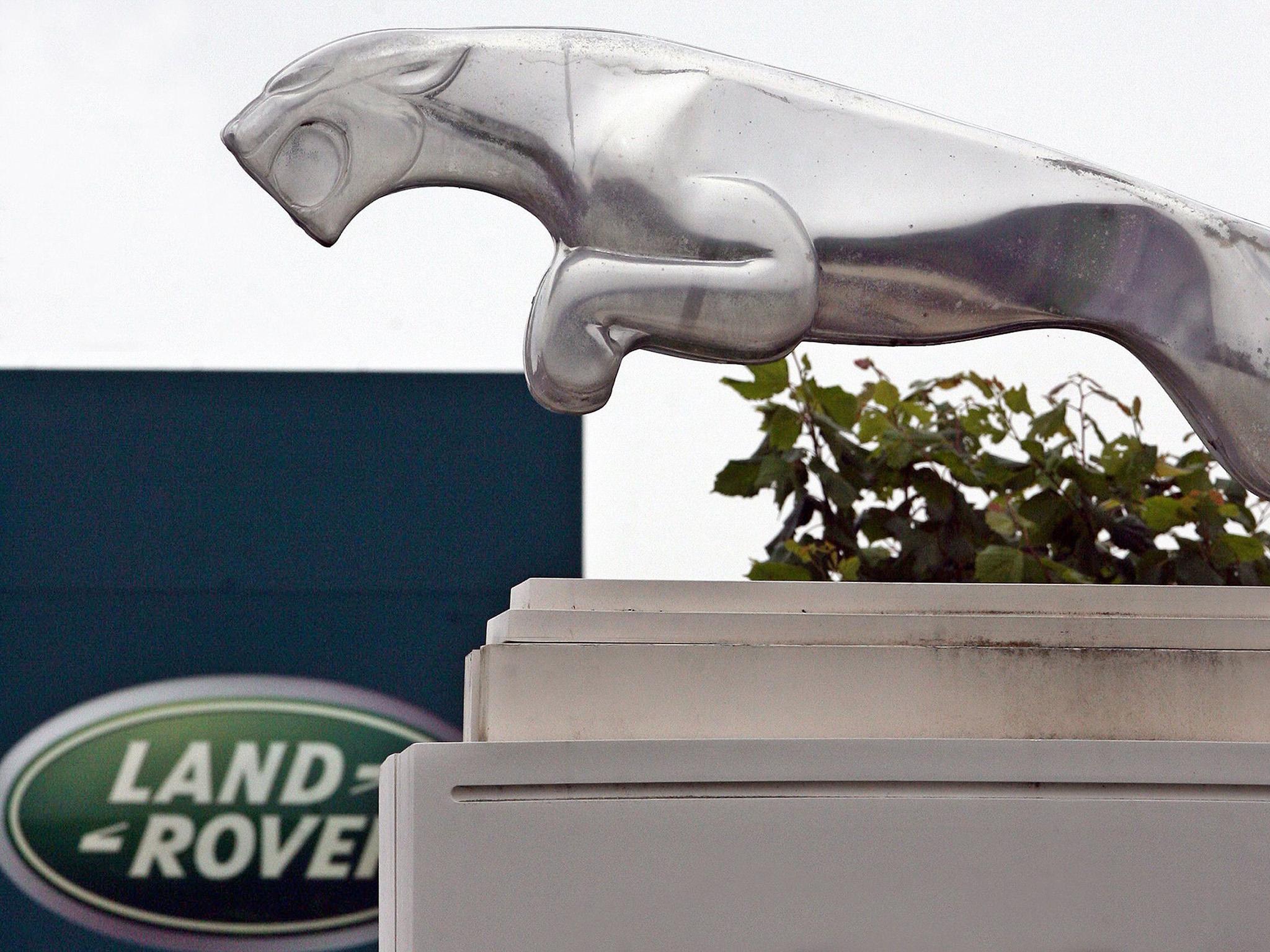Why is Jaguar Land Rover warning it may close UK factories and what does it mean for the economy?
Company plans to spend £80bn in UK over next five years

Jaguar Land Rover has issued one of the most concerning warnings yet for Theresa May’s government over the impact of a bad Brexit deal, saying it urgently needs “greater certainty”.
JLR’s warning will arguably hit home harder than those from Airbus or BMW who have both said they will soon have to start reconsidering their UK operations.
While it is owned by India’s Tata, JLR is, in the words of the business secretary Greg Clark, a “great British success story”. Or, as the company’s chief executive Ralf Speth put it, JLR’s “heart and soul is in the UK”.
But what has the company actually said and how might it affect the UK?
Why has Jaguar Land Rover issued a Brexit warning?
Mr Speth laid out five broad problems that JLR, like other car manufacturers, is facing because of uncertainty around Brexit and the prospect of a “bad” deal:
- Tariffs on goods entering the EU if the UK does not agree a trade deal in time and therefore falls onto World Trade Organisation rules
- Customs checks at the border threatening “just-in-time” production
- JLR plans to spend £80bn in the UK over five years and needs certainty about a deal to ensure this is a sound investment
- The company is finding it difficult to attract skilled international staff to the UK
- It has already spent £10m on Brexit contingency plans
What has the company warned?
JLR is not threatening to leave the UK overnight, and Mr Speth made it clear he does not want to do so. Instead, he is saying the firm predicts it will spend £80bn in Britain over the next five years but that without a Brexit deal that allows frictionless trade with the EU then this money could go elsewhere. Ultimately, it could result in UK plants closing, Mr Speth said.
Of that £80bn, around £25bn is capital expenditure such as equipment and upgrades to facilities. JLR said it spent £4.2bn on research and development last year, and all of it is done in the UK. In addition, the company paid around £2bn in UK tax last year.
Which parts of the UK would be most affected?
Much of the pain would be felt in the areas around JLR’s existing plants and research centres, which employ 40,000 people directly and support around 260,000 in hundreds of firms that supply parts and services.
JLR has two research and development plants:
- Gaydon, Warwickshire – an engineering facility in a former Royal Air Force base. The site is used to design, develop and test vehicles
- Whitley, Coventry – JLR’s headquarters ,which doubles up as a testing facility, was formerly a First World War airfield and aircraft factory
These two facilities are based in the West Midlands, a region that voted more decisively in favour of Brexit than any other, backing Leave by 59 per cent to 41 per cent.
The company also has four vehicle assembly plants in the UK:
- Castle Bromwich, Birmingham – The main Jaguar assembly plant, producing the XF, XJ and F-Type ranges
- Halewood, Merseyside – Produces the Land Rover Discovery Sport and Evoque models
- Solihull, West Midlands – The main Land Rover assembly plant
- Wolverhampton, West Midlands – Opened in 2013, JLR’s flagship engine manufacturing centre
How would a ‘bad’ Brexit deal hurt JLR and the UK car industry?
More than half of the £34.3bn worth of cars that the UK exports go to Europe. If the amount of exports were to stay at the same level, they would be hit with around £4.5bn of tariffs. More likely, production would begin to move elsewhere to avoid tariffs.
On customs checks, the car industry is particularly vulnerable. The UK car industry doesn’t make cars from scratch, it designs them and assembles them from parts delivered through international supply chains. Multiple parts move across borders to create each vehicle in a just-in-time system that can ill-afford delays.
According to the Society of Motor Manufacturers and Traders (SMMT), 1,100 lorries full of vehicle parts arrive every day from the EU without customs checks or tariffs.
Aren’t these just threats from industry?
Brexit supporters argue that exports to the EU make up a declining part of UK trade, as economies elsewhere in the world, particularly in Asia, are growing at a faster pace than more developed European ones.
Conservative MP Owen Paterson even went as far as to say that JLR would be in a “wonderful position” to capitalise on other markets if the UK left the single market, the customs union and the jurisdiction of the European courts.
But Brexit has already begun to hurt the car industry. The SMMT’s latest figures show a 6.3 per cent fall in new car registrations in the first half of the year as consumers put off big purchases, though some of this is down to uncertainty around the future of diesel cars. The number of cars rolling off UK production lines is also down since the June 2016 referendum vote, and the cost of parts imported from the EU has risen thanks to the pound falling in value against the euro.
The big changes, such as relocating huge, expensive plants and equipment, are slow and costly; they are likely to happen over a number of years.
However, car companies are global operations, most of which generate just a small fraction of their profits in the UK. If barriers to trade are raised after Brexit, they can and will move elsewhere.
Join our commenting forum
Join thought-provoking conversations, follow other Independent readers and see their replies
Comments